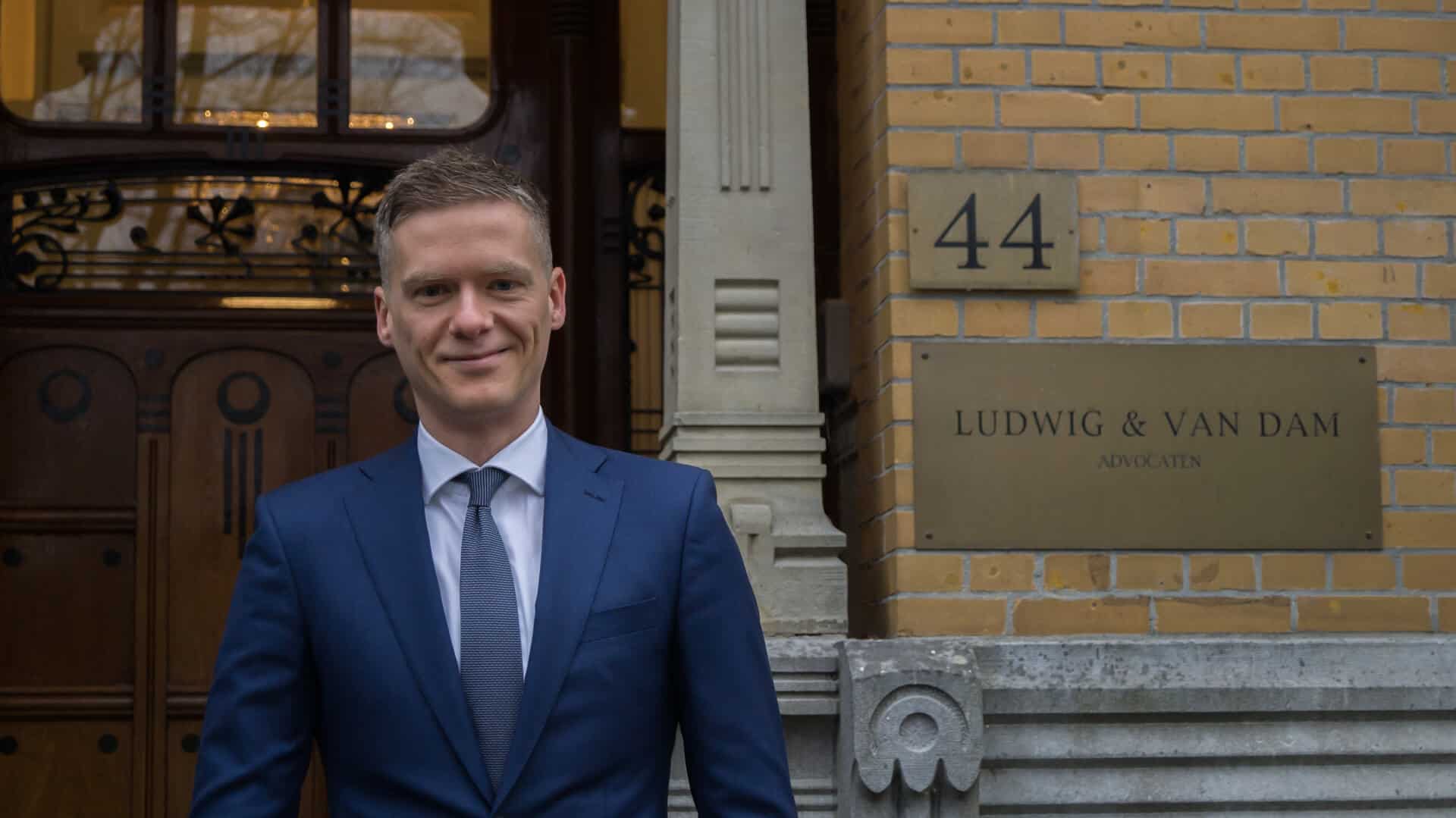Not know-how, but fine decisive for compliance with non-compete clause
From mid-2016, franchisees regularly stated that their (former) franchisor had no interest in compliance with the post-contractual non-compete clause. In June 2016, the Court of Overijssel considered that the franchisor (in this case FBD) had no legally respectable interest in compliance with the post-contractual non-compete clause, due to the fact that FBD had failed to demonstrate that it had passed know-how on to the franchisees. had transferred.
Since then, it has been argued with varying degrees of success by franchisees that no know-how was transferred to them in an attempt to escape the post-contractual non-compete clause. With the introduction of the Franchise Act, the legislator has also ensured that know-how is of decisive importance when testing the post-contractual non-competition clause. Article 7:920 paragraph 2 of the Dutch Civil Code stipulates that such a clause is only valid if it is indispensable to protect the know-how transferred by the franchisor.
Although the law for existing franchise agreements only applies from 1 January 2023, the court (also the Overijssel court, by the way) has early 2021 not prevented from extending its consistent line already introduced in 2016 and, with reference to the Franchise Act, stipulating that the franchisor (in this case 123 Wonen) had no interest in compliance with the post-contractual non-compete clause due to the lack of know-how (transferred to the franchisee).
It is therefore striking that in a recent ruling on a franchise formula for sports shops, the subject of know-how was apparently not part of the party debate at all. Nor does the court (Gelderland) itself devote any consideration to this. Although the franchisee had argued that the franchisor’s interest was lacking, he had put forward other reasons for this (eg because the formula had changed).
The court then expressly considers that the franchisor’s interest in complying with the post-contractual non-compete clause in any event lies in payment of the contractual penalty. A remarkable consideration in my view. After all, the fine only serves as an incentive to comply with the post-contractual non-compete clause. In my opinion, in order to assess whether that penalty can be awarded, the franchisor’s interest in complying with the clause itself must first be assessed.
In short, a special statement that I believe will remain one of the few exceptions to the rule. From 1 January 2023, judges will no longer be able to avoid testing post-contractual non-compete clauses against the Franchise Act. For this reason, know-how can no longer be ignored in similar matters.
It will be interesting to see how judges deal with this requirement in discussions about the validity of a post-contractual non-compete clause. After all, if a franchisee states that there is no know-how, then according to the Franchise Act (see Section 7:911 of the Dutch Civil Code) there could be no question of a franchise formula. In theory, this would mean that the Franchise Act does not apply. As a result, a post-contractual clause does not have to meet the requirements of the Franchise Act and there may therefore be an interest in compliance with a post-contractual non-compete clause without know-how having to be transferred. A special paradox in the law that will undoubtedly give judges headaches.
Ludwig & Van Dam lawyers, franchise legal advice.
Do you want to respond? Then email to albers@ludwigvandam.nl

Other messages
Obligation to sell back at the end of the franchise agreement
Franchise agreements sometimes provide that the franchisee is required to sell back purchased assets at the end of the franchise agreement.
Supermarket letter – 20
Uncertain legal position of Emté franchisees
Position of franchisees in franchisor restructuring
Franchisees must be adequately and generously informed in advance by the franchisor about the content and consequences of (further) agreements...
Interview Franchise+ – mrs. J. Sterk and AW Dolphijn – “Reversal of burden of proof in forecasts approved by court” – February 2018
The new Acquisition Fraud Act indeed appears to be relevant for the franchise industry, according to this article from Franchise+. Alex Dolphijn of Ludwig & Van Dam assists a franchisee in a
Article Franchise & Law No. 7 – Franchise agreement as general terms and conditions
Uniformity of the franchise formula and (therefore also) uniformity of the agreements with the franchisees will often be of great importance to the franchisor.
The franchisee’s customer base
If the partnership between a franchisee and a franchisor ends, the question of who will continue to serve the customers may arise.






